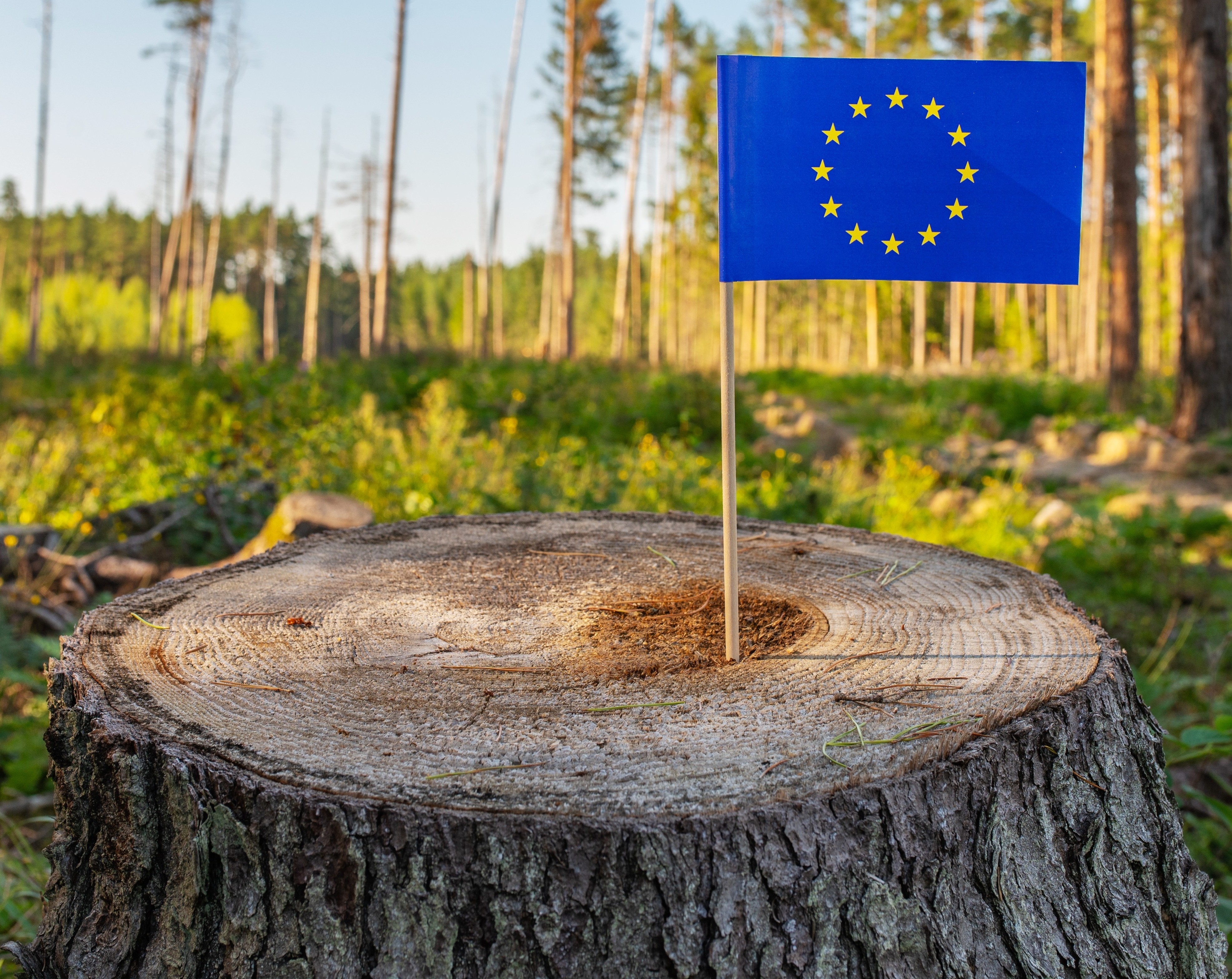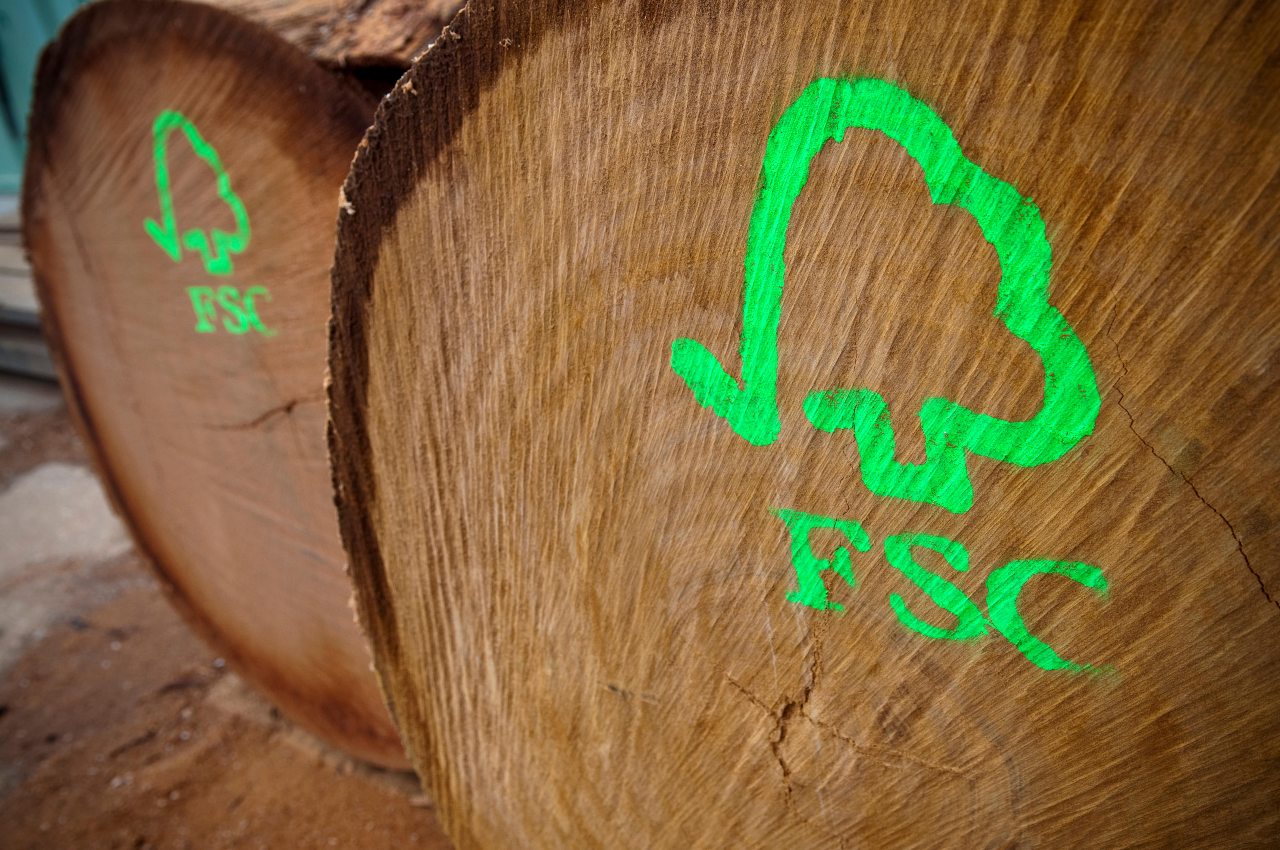
Following years of complaints by local communities and
conservation organisations, public prosecutors in Honduras have finally begun
to investigate illegal deforestation for oil palm cultivation within Jeannette
Kawas National Park in north-eastern Honduras.
The office of the Special Prosecutor on Ethnic Minorities
and inspectors from the National Agrarian Institute visited the park in October
to gather evidence of illegal deforestation, according to reports in the
Honduran newspaper La Prensa.
For years peasant and Garífuna communities and the
Prolansate Foundation – responsible for the park’s management – have complained
of illegal fires, draining of mangroves and deforestation in the core protected
area of the park for oil palm cultivation.
It is estimated that Jeannette Kawas has already lost 11
percent (9,140 hectares) of its native ecosystem to palm plantations despite
regulations banning oil palm cultivation in the park.
The national park covers an area of 781 square kilometres
and is named after Honduran environmentalist Blanca Jeannette Kawas, who was
murdered in 1995 for her fight against illegal logging. It is a biodiverse
hotspot of mangroves, coastal wetlands, swamps and marine areas located on the
Honduran Atlantic coast that are home to hundreds of bird, insect, reptile and
mammal species, including the threatened jaguar and manatee.
Illegal draining of mangroves and slash-and-burn have been
the main methods used by growers to clear areas of the park for oil palm. In
2016, an illegal fire devastated 220 hectares of the park leading to complaints
by conservationists that those responsible have never been brought to justice.
Communities have also denounced the contamination of local
water resources and coastal reef environments due to run-off of fertilisers and
organic residues from the plantations. The Laguna de los Micos, a fresh water
lagoon, has reportedly lost 80 percent of its fish stocks due to eutrophication
– the excessive growth of algae due to waters overly enriched with nutrients.
The lagoon represented a vital source of food and revenue for local
communities.
Mauro Zavala, a biologist at Prolansate, has told Mongabay
that he has been threatened at gun point and found menacing letters under his
door. The local public prosecutor has admitted that law enforcement in the area
has been inadequate due to lack of resources.



